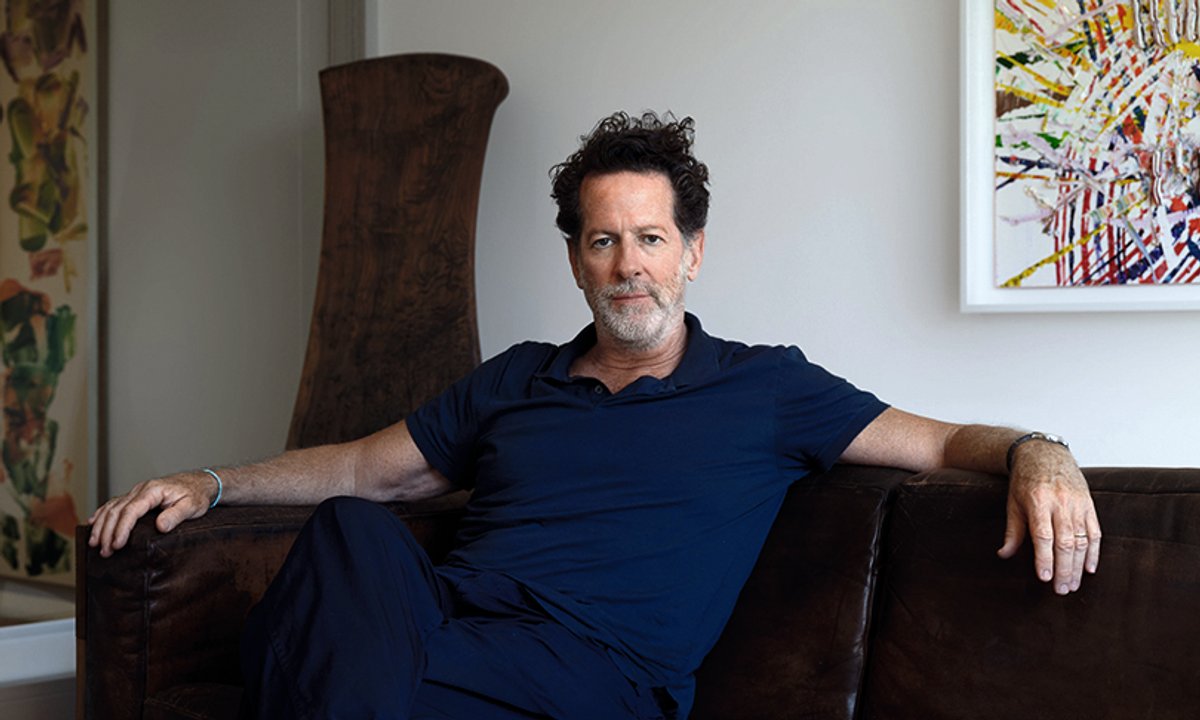
"Such decisions, in the face of macro events including wars in Europe and the Middle East, a Chinese property crash, trade wars and sticky inflation, suggest that the art market is facing a collapse not witnessed since 1991-after which, according to data from Arts Economics, it took 14 years for art sales to recover. Back in the early 1990s, many Western economies, including those of the US and UK, went into recession, a situation that the art market could not ignore."
"Today, according to The Economist and citing data from the International Monetary Fund (IMF), just 5% of countries are headed towards a recession (these are not named by the IMF, but is the lowest percentage since 2007). It finds that unemployment rates in rich countries are close to a record low, while "consumers across the world, despite claiming to be down in the dumps, spend freely"."
"Back in the early 1990s, many Western economies, including those of the US and UK, went into recession, a situation that the art market could not ignore. Now though, other trends point to what The Economist recently described as a new form of capitalism, dubbed "the Teflon economy": like the non-stick coating, businesses are proving surprisingly resistant to negative news."
Tim Blum closed his Los Angeles and Tokyo galleries and called the current gallery model 'unsustainable'. The Art Dealers Association of America cancelled its next New York fair, citing an evolving cultural and market landscape. Wars in Europe and the Middle East, a Chinese property crash, trade disputes and persistent inflation are straining art sales and evoke the 1991 collapse that took 14 years to recover. IMF-linked data show only 5% of countries heading into recession, low unemployment in rich nations, and continued consumer spending. Businesses now manage shocks better and governments intervene quickly, allowing buyers to 'buy the dip'.
Read at The Art Newspaper - International art news and events
Unable to calculate read time
Collection
[
|
...
]